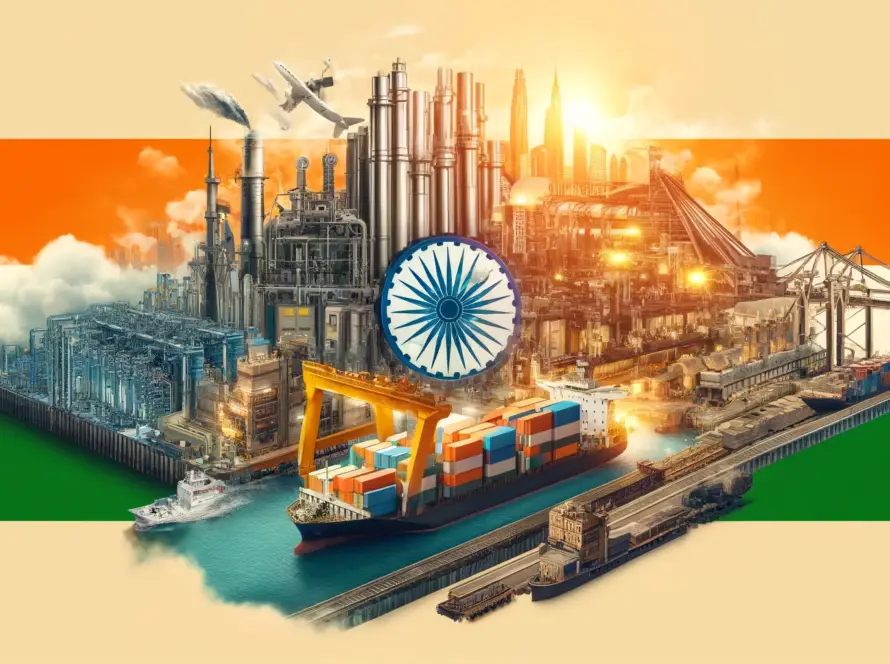India is undergoing a significant transformation in its manufacturing sector, driven by the rise of its skilled labor force. This surge is fueled by technical expertise, a favorable demographic profile, supportive government policies, technological advancements, and international collaborations. These factors collectively position India as a burgeoning hub for global manufacturing, ready to meet the demands of a rapidly evolving market.
Harnessing Youthful Talent and Demographic Strength
India boasts a large pool of technical experts, including engineers, technicians, and craftsmen. Historically known for its IT talent, India is now extending this expertise into manufacturing, making it a prime destination for industries requiring specialized knowledge.
With a median age of around 28 years – 10 years younger than that of China – India’s youthful population brings fresh ideas, innovation, and adaptability to the manufacturing sector. This demographic dividend translates into a dynamic labor market, with approximately 7-8 million young workers joining annually. This influx ensures a steady labor supply, vital for sustaining and accelerating manufacturing growth.
Strategic Government Policies Driving Growth
The Indian government’s strategic initiatives are crucial in boosting domestic manufacturing and attracting foreign direct investment (FDI). According to the Ministry of Commerce & Industry, the “Make in India” initiative, launched in 2014 under Prime Minister Narendra Modi, has more than doubled FDI inflows from $45.15 billion in 2014-2015 to a record $83.6 billion in 2021-2022. Another significant initiative is the Production Linked Incentive (PLI) Scheme, launched in 2020-2021. This scheme provides financial incentives to attract large-scale manufacturing investments across 14 key sectors, boosting local manufacturing.
Embracing Digitalization and Smart Manufacturing
Indian manufacturing businesses are increasingly investing in technology, embracing digitalization and automation. This shift towards smart manufacturing demands a workforce skilled in operating and maintaining advanced technologies. Companies like Bharat Forge, one of India’s largest forging entities, are leading the way with significant investments in digital solutions to enhance productivity and competitiveness. Bharat Forge has been shifting its focus to AI-driven defense technologies, developing cutting-edge products such as advanced towed artillery gun systems (ATAGS) and anti-tank guided missiles.
The Impact of International Collaborations
The rise in foreign technical collaborations has been transformative. According to a Reserve Bank of India (RBI) survey, over two-thirds of foreign technical collaboration (FTC) agreements involve technology transfers, particularly in sectors like machinery, transport equipment, and chemicals. This transfer of technology helps Indian companies improve their production processes and product quality, aligning them with global standards. For instance, collaborations with U.S. companies in the motor vehicle sector saw a 28.4% production growth in 2022-23. The technology and training provided by U.S. companies have enabled Indian manufacturers to adopt advanced manufacturing techniques.
As a U.S.-based company with 30 years of experience, Source Machining Specialties specializes in helping U.S. manufacturers with their manufacturing needs in India. We’re so confident in our Indian production facilities that we invite you to a site audit at our expense. Discover more about our capabilities and services, and let’s start a conversation.



